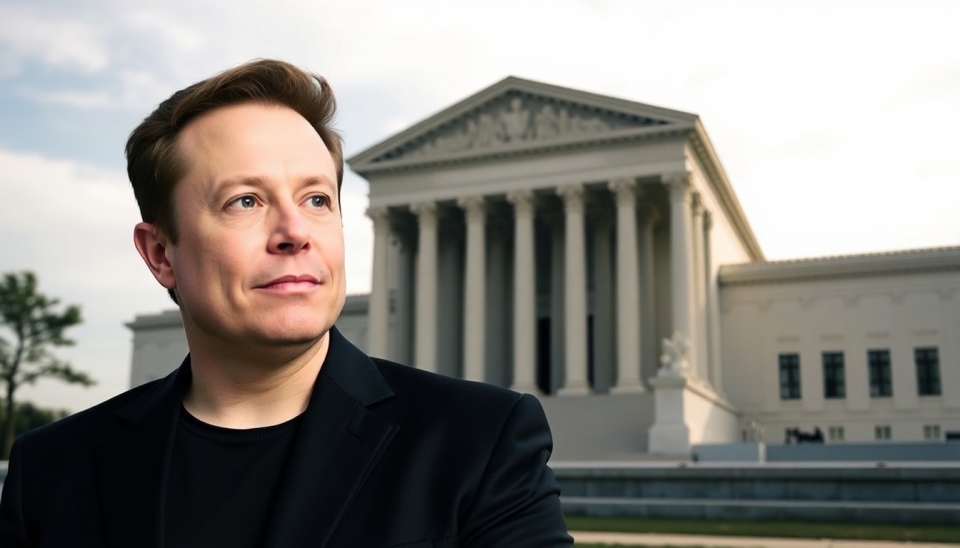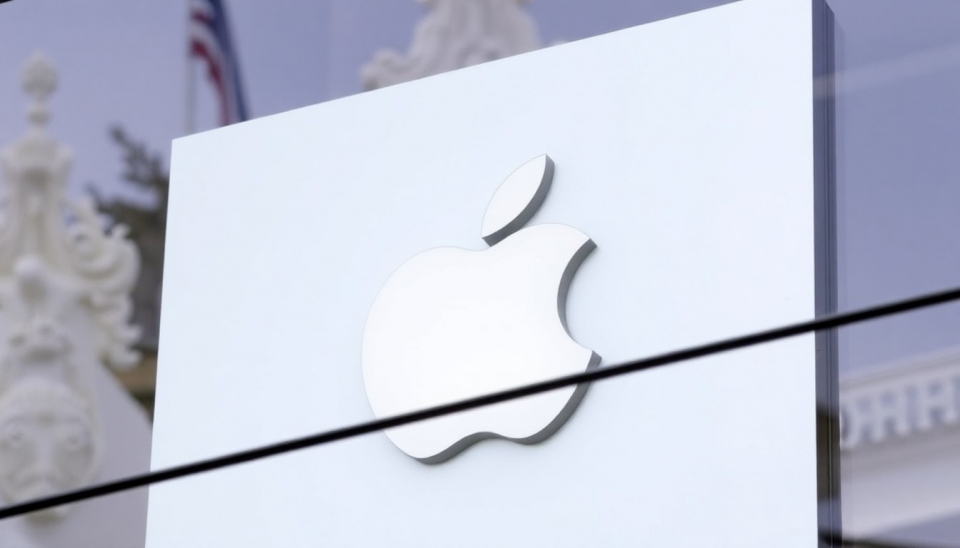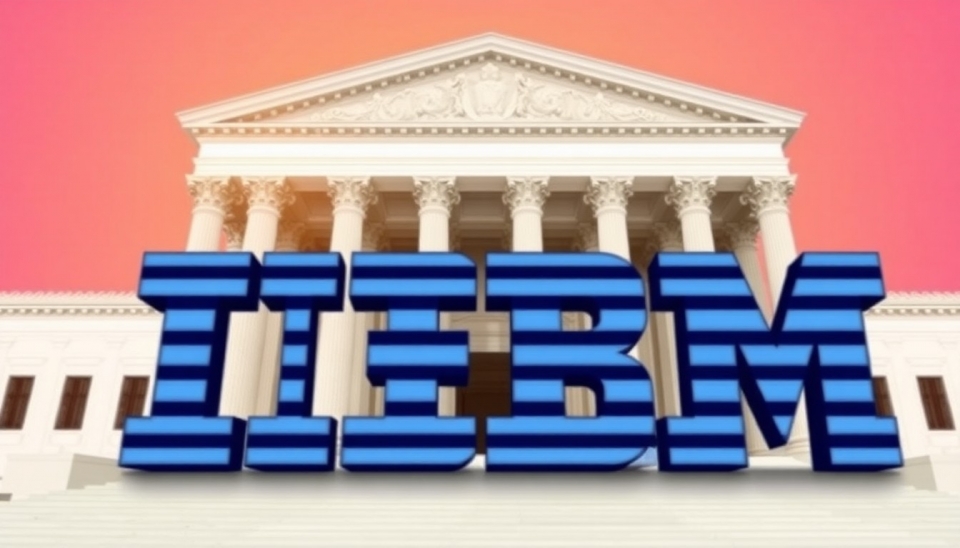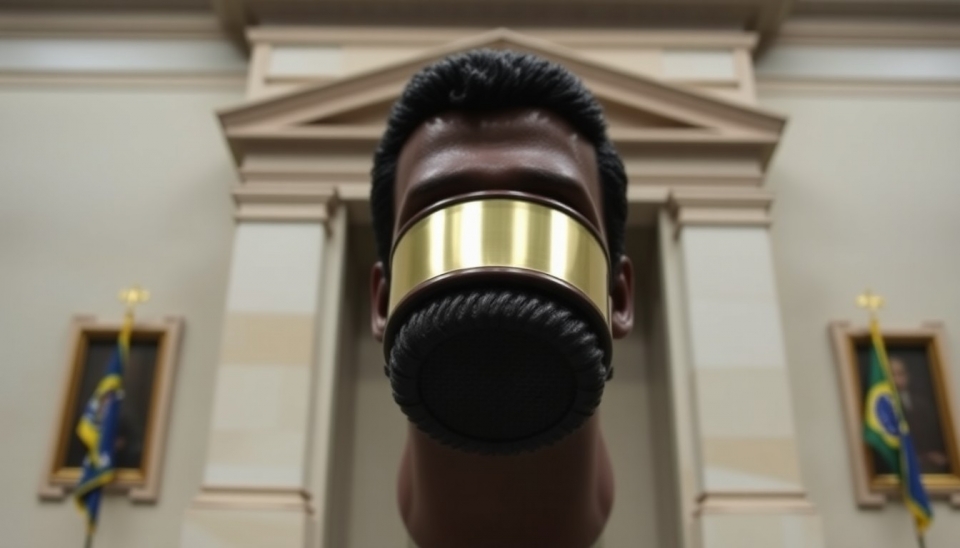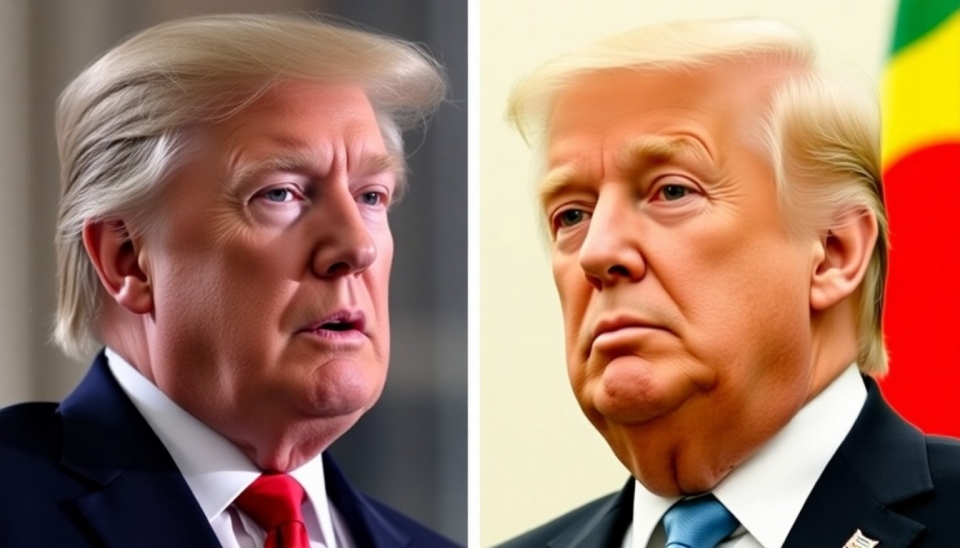
In a significant development for the tech industry and social media users alike, the United States Supreme Court has agreed to hear a challenge brought forth by TikTok regarding a potential ban in the U.S. This case could set a monumental precedent affecting not just the Chinese-owned video-sharing app but also the broader landscape of social media platforms operating in the United States.
The Supreme Court's decision to take up this case comes amidst heightened scrutiny of TikTok, which has been at the center of national security debates due to its ties to China. Politicians from both sides of the aisle have expressed concerns over data privacy and the app's potential role in advancing Chinese governmental interests. This ongoing discourse has led to numerous attempts to limit or outright ban the app in the U.S.
The legal challenge posed by TikTok is grounded in constitutional arguments, particularly focusing on the First Amendment and issues of free speech. TikTok asserts that banning the platform would impinge upon users' rights to express themselves creatively and communicate freely through its services. The app's parent company, ByteDance, is anticipated to argue that the ban lacks legitimate justification and could set a dangerous precedent for government overreach in digital spaces.
This case is likely to draw extensive attention not only from legal scholars and policymakers but also from a significant portion of the American populace, particularly younger users who commonly engage with TikTok as a primary form of social media. The implications of the Supreme Court's ruling could either affirm or curtail the government's ability to regulate foreign apps based on national security concerns.
As it stands, this situation is fluid, with both TikTok supporters and opponents eagerly awaiting the oral arguments. Analysts predict that the case could be heard in early 2024, making it a noteworthy focal point leading up to the presidential election and amidst ongoing debates about digital privacy, foreign influence, and free expression in the digital age.
With the stakes high, not only for TikTok but also for the evolving relationship between the tech industry and government regulation, the Supreme Court's decision could reshape the landscape for digital communication and social media at large.
As the date for the hearings approaches, many anticipate that the discussions will illuminate the complex balance between national security and individual freedoms, possibly setting a new legal framework for how the government can interact with digital platforms moving forward.
#SupremeCourt #TikTokChallenge #USBan #SocialMediaLaw #FreeSpeech #DigitalPrivacy #TechIndustry
Author: Emily Collins
